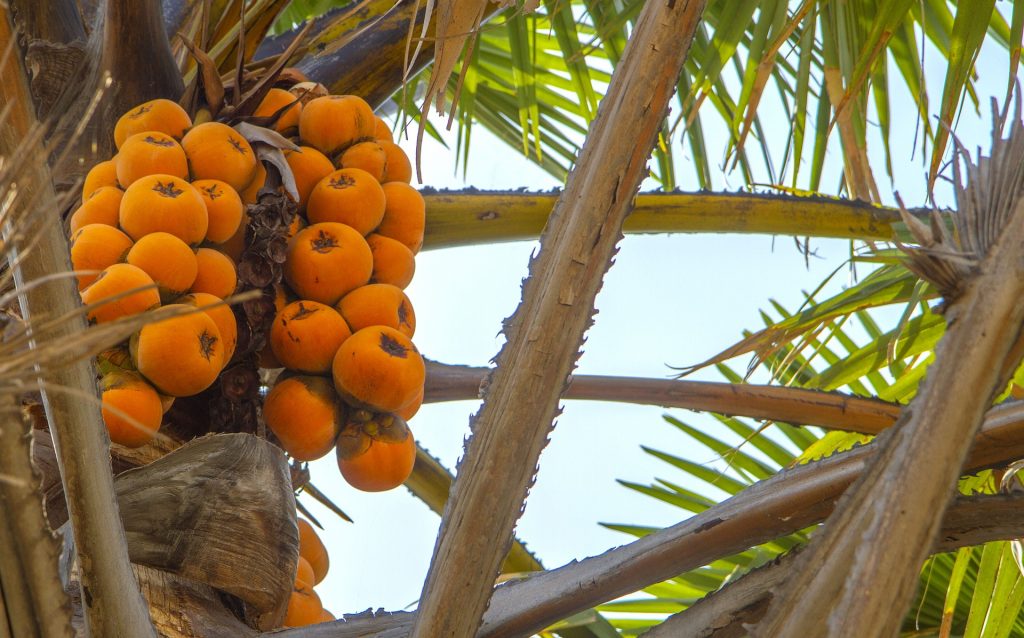Nigeria, a nation celebrated for its rich cultural diversity, is also a treasure trove of culinary delights. From the bustling streets of Lagos to the serene villages in the north, Nigerian cuisine offers a kaleidoscope of flavors that reflect the country’s cultural tapestry. Join us on a culinary safari through the local flavors of Nigeria.
A Taste of Nigerian Diversity
Nigeria is a land of diversity, both culturally and geographically. With over 250 ethnic groups, each with its unique traditions and flavors, the country’s cuisine is a reflection of this rich tapestry. Whether you’re in the north, south, east, or west, you’ll encounter an array of dishes that tell a story of heritage and tradition.
The Staples of Nigerian Cuisine
Nigerian cuisine is anchored by a selection of staple ingredients. Yam, plantains, and rice form the backbone of many dishes, while a variety of spices, such as cayenne pepper, ginger, and garlic, add depth and complexity to the flavors. These staples are not just ingredients; they are the heart of Nigerian cooking.
Delving into Nigerian Dishes
Nigerian cuisine boasts a delectable array of dishes, each with its own distinct character. Jollof rice, a beloved West African specialty, is a vibrant medley of rice, tomatoes, and spices. Egusi soup, enriched with ground melon seeds and leafy vegetables, offers a delicious taste of Nigerian tradition. Suya, skewered and grilled meat coated in peanut sauce, tantalizes the taste buds with its smoky and spicy flavors. Moi moi, a steamed bean pudding, represents the comfort food of Nigeria, wrapped in plantain leaves and filled with a world of flavors.
Street Food Delights
The streets of Nigeria are a gastronomic adventure in themselves. Suya, the Nigerian version of shish kebab, graces the streets with its sizzling skewers of marinated meat. Puff-puff, a sweet and deep-fried doughnut, is a favorite among the young and old. Akara, bean cakes deep-fried to perfection, are best enjoyed with spicy pepper sauce. The streets come alive with the aroma of these street food delights, making them an essential part of the local food culture.
Dining Etiquette and Traditions
Dining in Nigeria is not just about the food; it’s a communal experience. Meals are often shared, and the act of eating together fosters a sense of unity and togetherness. While dining etiquette varies across regions and ethnic groups, the warmth and hospitality of Nigerians are constants that make every meal an unforgettable experience.
The Culinary Regions of Nigeria
The regional diversity of Nigeria extends to its culinary traditions. In the southwest, spicy dishes like pepper soup and amala are the order of the day. The coastal regions offer an abundance of seafood, with dishes like banga soup and edikang ikong. In the north, hearty meals like tuwo shinkafa and miyan kuka satisfy the appetite for rich and filling flavors. Each region brings its unique character to Nigerian cuisine, ensuring a variety that can satisfy any palate.
Modern Twists and Fusion Cuisine
Nigerian cuisine is not stagnant; it’s a dynamic and evolving art. Chefs and restaurateurs are reimagining traditional recipes, infusing them with modern twists and innovative approaches. Fusion cuisine, combining elements from different culinary traditions, is gaining popularity and adding a new layer of excitement to Nigerian food.
Preserving Culinary Heritage
As Nigeria embraces the future, it’s crucial to preserve its culinary heritage. Initiatives and organizations are working tirelessly to protect traditional recipes, cooking methods, and local ingredients. By safeguarding these culinary treasures, Nigeria ensures that future generations can savor the flavors of the past.
Conclusion: Savoring the Flavors of Nigeria
In conclusion, Nigerian cuisine is a fascinating journey through a diverse and delectable world of flavors. It’s a culinary safari that immerses you in tradition, hospitality, and the exquisite tastes of a nation. We encourage you to explore the local flavors of Nigeria, savor the dishes, and embrace the rich tapestry of this remarkable country.
FAQs
Is Nigerian cuisine spicy, and can it be adjusted to suit milder tastes?
- Nigerian cuisine can be spicy, but many dishes can be adjusted to suit milder tastes by reducing the use of hot peppers and spices.
What are some vegetarian or vegan options in Nigerian cuisine?
- Nigerian cuisine offers vegetarian and vegan options, including dishes like moi moi, vegetable soup, and jollof rice with plant-based ingredients.
How can I experience Nigerian cuisine in my own kitchen?
- You can explore Nigerian cuisine by finding authentic recipes online and sourcing ingredients from specialty stores or online markets.
Are there specific dietary restrictions or customs to be aware of when dining in Nigeria?
- It’s advisable to be aware of dietary restrictions, such as avoiding pork for Muslims, and to respect local customs when dining in Nigeria.
What are the health benefits of Nigerian cuisine, and how can I make it a part of a balanced diet?
- Nigerian cuisine includes nutrient-rich ingredients like vegetables, lean meats, and grains. To make it part of a balanced diet, focus on portion control and variety.
